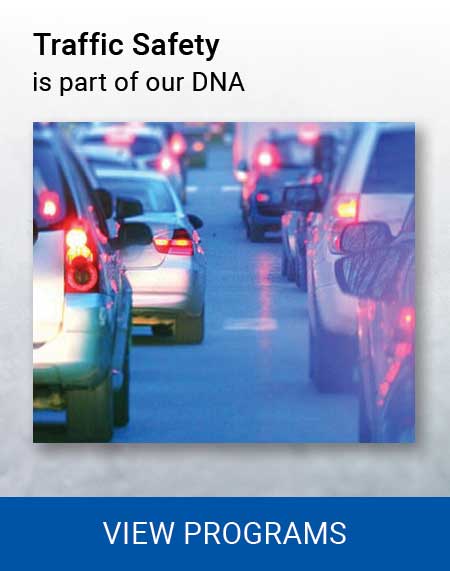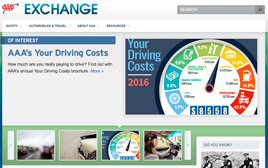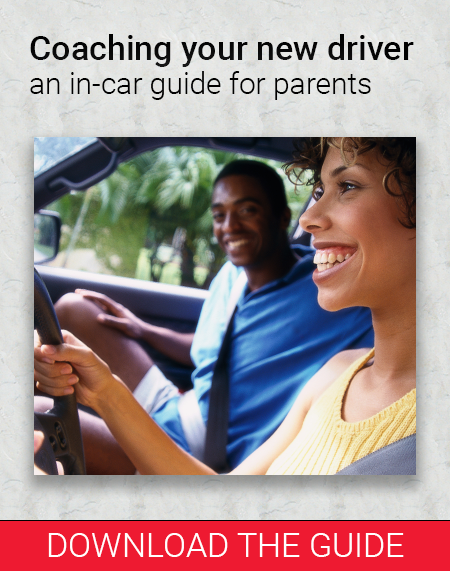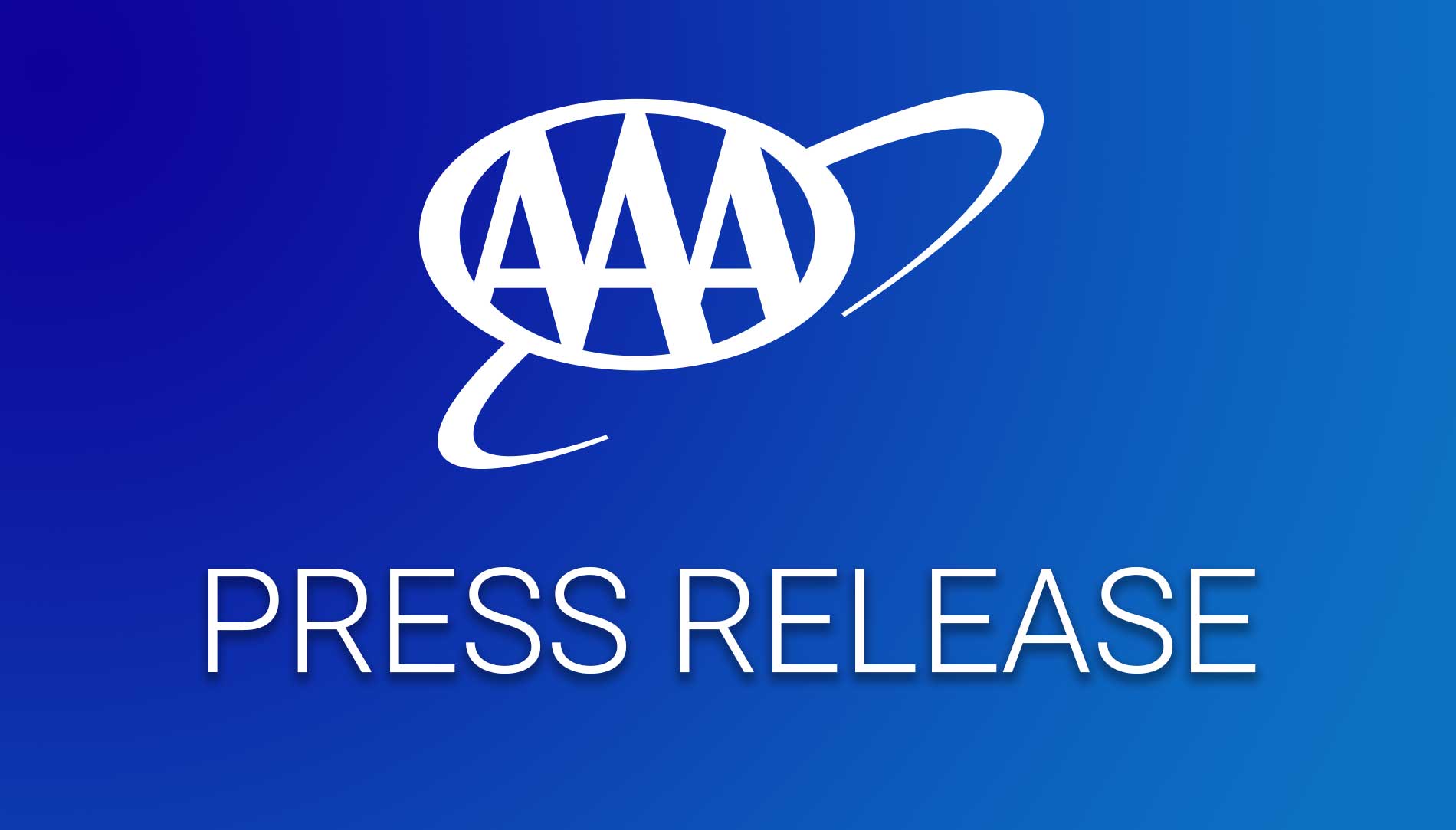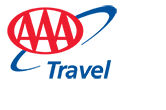New Data From AAA and the National Safety Council Shows a Concerning Safety-Awareness Gap.
BELLEVUE, Wash. — Car crashes are the leading safety issue facing children. In 2018, approximately 183,000 children were hurt in car crashes, suffering more than 500 injuries per day, according to the National Highway Traffic Safety Administration (NHTSA). As National Child Passenger Safety Week (Sept. 19-25) approaches, AAA Washington and the NSC share new research that sheds light on what parents and caregivers know about car seat installation and use.
According to the National Digital Car Seat Check Form (NDCF) database, more than half of all car seats brought in for inspection to child passenger safety technicians are improperly installed and used. Yet, the general consumer survey revealed only 1 in 5 parents and caregivers seek expert help to install a car seat or secure a child in one.
“Car crashes are the leading cause of injuries and deaths among children,” said Mark Chung, National Safety Council, VP Roadway Practice. “This safety risk can be mitigated by the correct use of car seats and booster seats.”
Data From the NDCF Database Also Revealed:
- There are three common mistakes. These include (1) having the car seat installed too loose, (2) failing to use the tether when installing a forward-facing car seat with either the lower anchors or seat belt, and (3) leaving harness straps too loose when securing a child in a car seat.
- Children are often transitioned out of the appropriate car seats before it is safe to do so. More than a quarter of children are moved from forward-facing car seats to booster seats too soon, and more than 90 percent of children using lap-and-shoulder seat belts under the age of 10 should still be in a car seat or booster seat.
- Parents and caregivers are less likely to seek car seat inspections as children grow into forward-facing and booster car seats. Child passenger safety technicians inspect about four times the amount of rear-facing car seats than they do forward-facing car seats, and 73 percent of forward-facing seats are not correctly installed.
According to NHTSA data collected from 2010 through 2019, 14 children — ages zero through eleven who were unrestrained — died in crashes on Washington roadways; 21 in Idaho.
“To help put an end to these fatalities, we provide information and tools to improve child passenger safety,” said Kelly Just, AAA Washington’s public relations manager. “We urge parents and caregivers to educate themselves and look for free resources, such as a virtual or in-person car seat inspection in their area.”
AAA Washington’s next free car seat inspection event happens Thursday, September 23 — during National Child Passenger Safety Week — at the Southcenter AAA Cruise & Travel Store, 17250 Southcenter Parkway, Tukwila, WA. Inspections, from 11 a.m. until 2 p.m., are available by appointment only. Call (206) 744-3547 to make an appointment. Specific COVID-19 safety protocols and precautions will be in place during the event. To find other inspection events, visit AAA.com/SafeSeats4Kids.
Boost Your Child Passenger Safety Knowledge and Skills
Car Seat Basics is a free online course that helps participants understand the four stages of child passenger safety, including rear-facing car seats, forward-facing car seats, booster seats, and seat belts. Participants can complete the full training or select a module on a specific stage of child passenger safety. The course was developed through NSC’s work with NHTSA.
Methodology
In partnership with AAA Mountain West Group (MWG) and the National Safety Council, Westat researchers examined data submitted to the National Digital Car Seat Check Form (NDCF), a national database of detailed information on car seat inspections performed by certified child passenger safety technicians (CPSTs). The final dataset used for analysis represents all 50 states and includes 41,237 car seat inspections performed between July 1, 2018, and June 1, 2021. In addition, MWG and the NSC commissioned Ipsos, the world’s largest insights and analytics company, to collect information on the general awareness and opinions of U.S. adults about child passenger safety. Ipsos used KnowledgePanel to survey 1,500 total respondents, with an oversample of 500 parents with children aged 17 or younger living in the home between July 30, 2021, and Aug. 2, 2021. Responses were received from 805 parents, including 509 parents with children younger than ten years of age.
About the National Safety Council
The National Safety Council is America’s leading nonprofit safety advocate – and has been for over 100 years. As a mission-based organization, we work to eliminate the leading causes of preventable death and injury, focusing our efforts on the workplace, roadway and impairment. We create a culture of safety to not only keep people safer at work, but also beyond the workplace so they can live their fullest lives.

